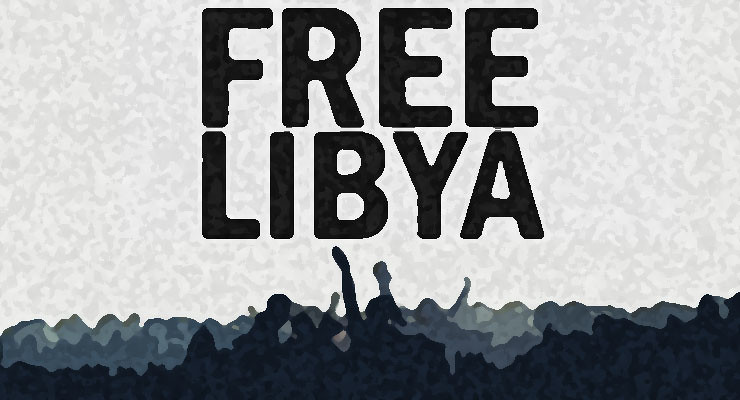 Libya decided to postpone a presidential vote set for December 24, 2021. Mirette Magdy in an article published by Bloomberg argues that the decision is a manifestation of the many challenges it faces since the toppling of longtime strongman Mu’ammar Al-Qadhdhāfī a decade ago . Here is an excerpt:
Libya decided to postpone a presidential vote set for December 24, 2021. Mirette Magdy in an article published by Bloomberg argues that the decision is a manifestation of the many challenges it faces since the toppling of longtime strongman Mu’ammar Al-Qadhdhāfī a decade ago . Here is an excerpt:
Libya’s decision to postpone a landmark presidential vote set for Dec. 24 was yet another manifestation of the tensions and challenges that have roiled the OPEC member since the overthrow of strongman Moammar Al Qaddafi a decade ago. Foreign powers that waged a proxy war in the north African country appear to be backing the democratic experiment, but the outcome is uncertain. Bitter rivalries and geographic divisions raise the risk that the losers won’t accept the result, prompting Libya’s opposing militias to take up arms again and potentially shut down oil production.
Libya’s state institutions evaporated during Qaddafi’s 42-year dictatorship, so his overthrow left a vacuum that was filled by a multitude of armed groups, many of them based on tribal affiliations. A succession of governments failed to restore order or stop weapons flooding into the country. National elections in 2014 that were supposed to unify Libya only split it down the middle, with a Government of National Accord (GNA) based in the capital Tripoli in the west vying with General Khalifa Haftar’s eastern coalition of troops and irregular fighters known as the Libyan National Army. Haftar secured major oil resources by extending his grip in the east and south before moving to capture Tripoli in 2019 with the help of Russian mercenaries. Turkey, backing the GNA, sent in troops the following year and Haftar’s men were forced to abandon the effort after battles that left more than 2,000 people dead and tens of thousands displaced. A cease-fire was declared in August 2020 after Egypt said it could intervene.
Read the full article here.
Leave a Reply